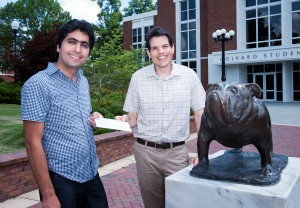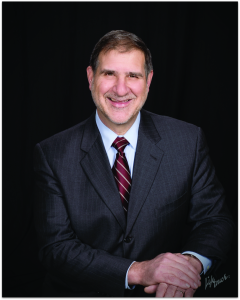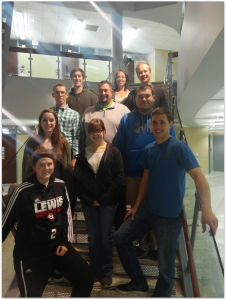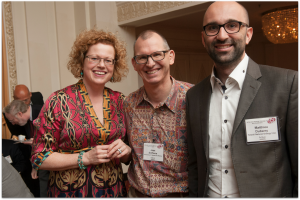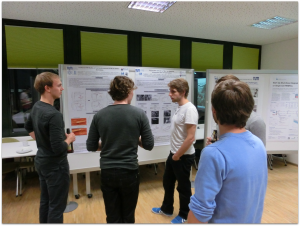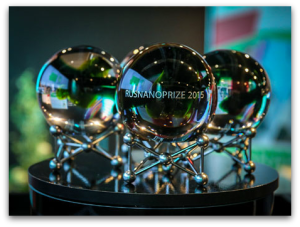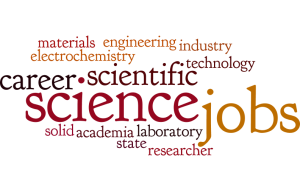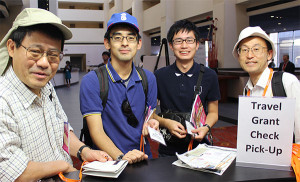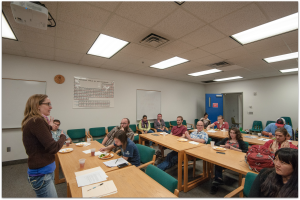With already half of the academic year complete, it is time to think about summer opportunities to further your career!
The Electrochemical Society has been offering summer fellowships since early 1928. These awards were established to assist students during the summer months, June through September, in the pursuit of work in a field of interest to ECS. In order to qualify for these fellowships, one must be enrolled in a college or university in addition to being a member of ECS. Here is the complete list of candidate qualifications and award rules.
Up to 4 recipients will be selected for 2016 and will receive up to $5,000!
If you meet the requirements, apply for an ECS Summer Fellowship today! The deadline is January 15, 2016.
Success story
In 2013, Carlo Santoro received the F.M. Beckett Summer Fellowship from ECS. Through that fellowship, he connected with Dr. Plamen Atanassov at the University of New Mexico to study enzymes and their integration into microbial systems.
“I spent a summer at the University of New Mexico learning and integrating enzymes into a microbial system to make a hybrid system. It was interesting; it was a way to learn new things, a way to interact with people in different fields, to learn more. It was a very, very great experience.”—Carlo Santoro, 2013 summer fellowship recipient
Now, Dr. Santoro is working alongside Dr. Atanassov and some of the world’s best microbiologists to develop bio-catalytic materials that will simultaneously decontaminate wastewater and generate energy in a microbial biofuel cell.
P.S. Don’t forget to check out the Colin Garfield Fink Summer Fellowship to see if you qualify!


